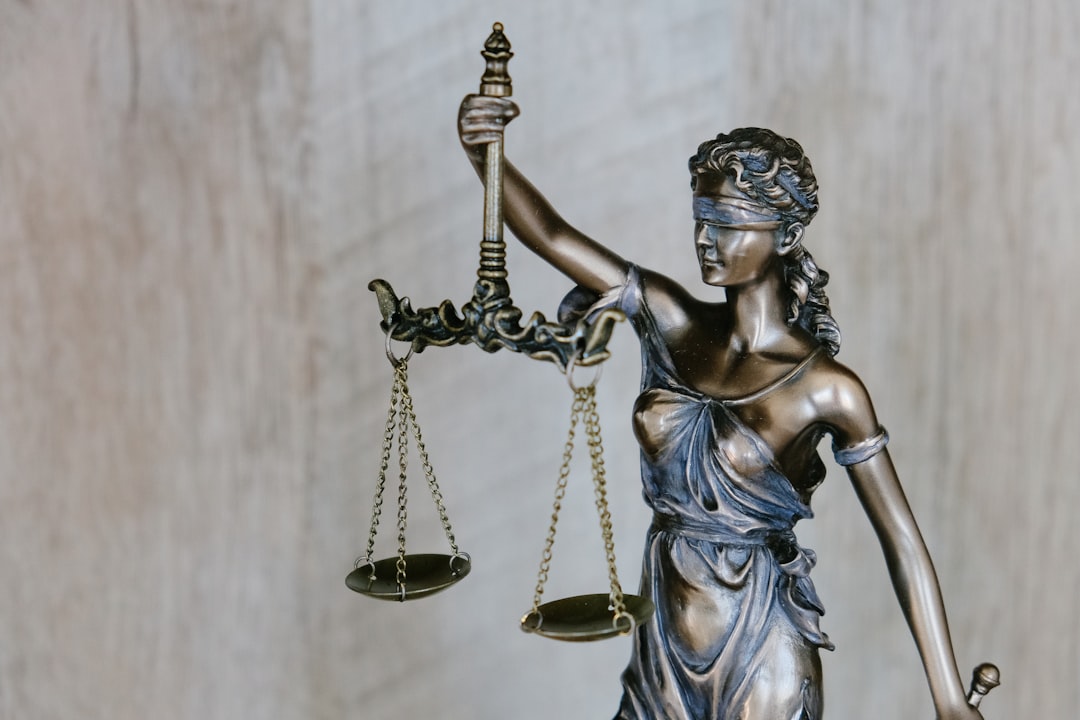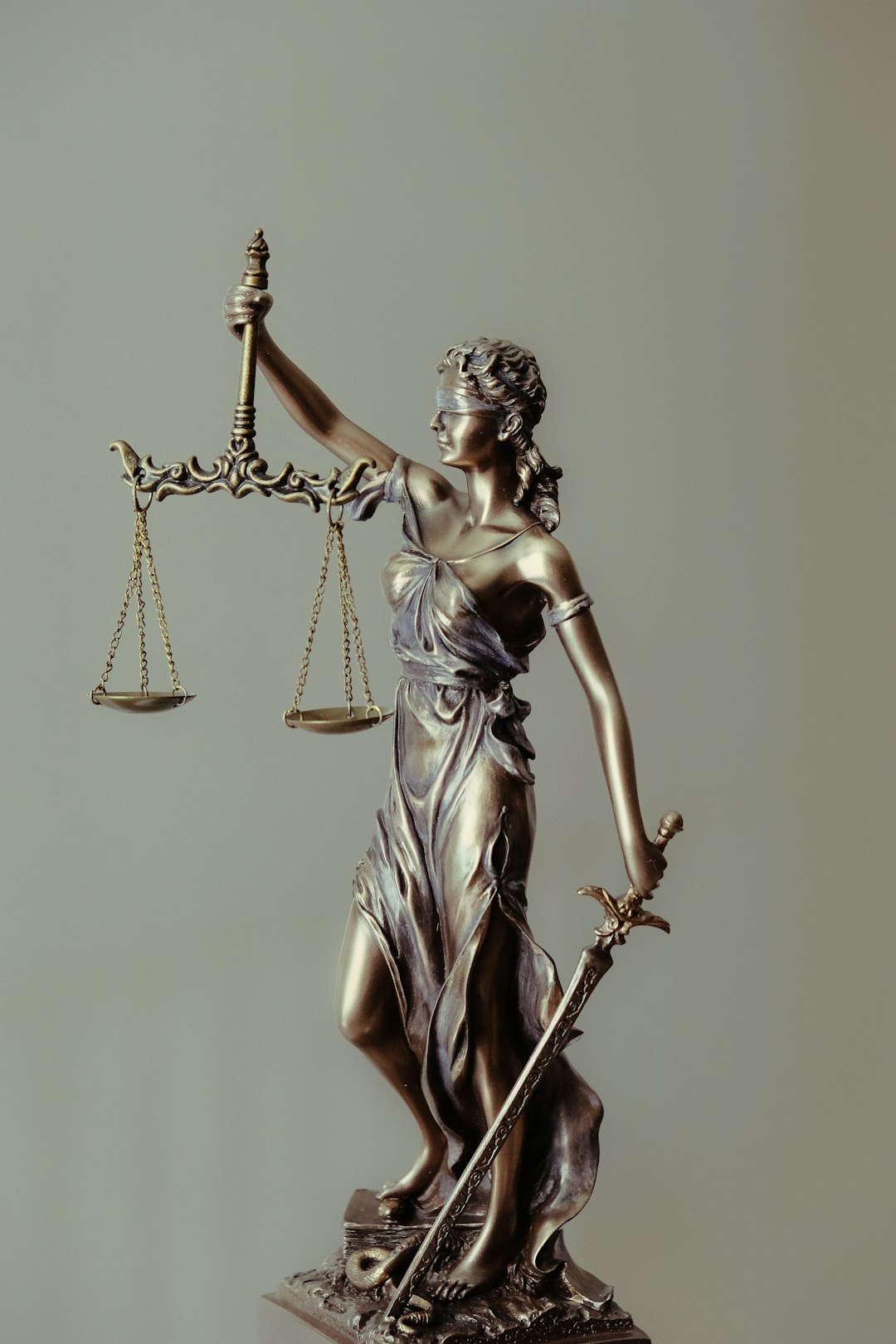Juror bias, driven by historical and cultural factors, presents a significant challenge in sexual abuse trials in Hattiesburg, Mississippi. Sexual assault lawyers play a crucial role in navigating this complex landscape, employing strategic jury vetting and challenging biased assumptions. By collaborating with experts and utilizing rigorous screening methods, these attorneys ensure fair trials, addressing biases that may affect outcomes. Their expertise is vital for justice, especially when defending the rights of the accused and supporting victims seeking impartial evaluations of their cases.
In Hattiesburg, Mississippi, addressing juror bias in sexual abuse trials is an intricate legal challenge. This article delves into the complex issue, exploring how preconceived notions impact verdicts and examining strategies to ensure fair trials. From understanding biases to enhancing jury selection, we analyze the rights of accused individuals and the role of expert testimonies. Sexual assault lawyers in Mississippi play a crucial part in navigating these complexities, advocating for clients, and upholding justice in a sensitive legal landscape.
Understanding Juror Bias: A Complex Issue in Hattiesburg Courts

Juror bias is a complex and multifaceted issue that can significantly impact the outcome of sexual abuse trials in Hattiesburg, Mississippi. While the city’s courts strive for fairness and impartiality, historical and social biases among jurors may inadvertently influence their decisions. These biases often stem from preconceived notions, stereotypes, or even cultural influences, making it challenging to ensure a truly objective trial process.
Sexual assault cases, in particular, require careful consideration of these biases due to the sensitive nature of the subject matter. Jurors might bring personal experiences, gender-based perspectives, or societal attitudes towards victims, which could cloud their judgment. For instance, a juror’s belief in victim blaming or stereotypes about sexual assault survivors may unconsciously affect their evaluation of evidence presented by Mississippi sexual assault lawyers. Recognizing and addressing these biases is crucial to upholding the integrity of the justice system and ensuring that all parties receive a fair trial.
The Impact of Preconceived Notions on Sexual Abuse Trials

In sexual abuse trials, preconceived notions and biases can significantly impact the outcome, particularly in communities like Hattiesburg where historical and cultural factors may influence public perception. Jurors, often driven by media portrayal and societal stereotypes, might approach these cases with assumptions that can unfairly prejudice against the victim or the defendant. This is especially concerning given the sensitive nature of sexual assault allegations, which require a nuanced understanding of trauma and its effects.
The presence of bias can be insidious, affecting everything from the initial perception of the evidence to the interpretation of the victim’s behavior and motivations. Sexual assault lawyers in Mississippi, equipped with an understanding of these dynamics, play a crucial role in navigating this complex landscape. They must not only challenge biased assumptions but also ensure that the trial focuses on the facts presented, thereby providing a fair and just process for all involved.
Legal Strategies to Overcome Bias: Rights of Accused Individuals

In addressing juror bias in Hattiesburg, Mississippi, sexual abuse trials, accused individuals have a right to legal strategies that protect their interests. Sexual assault lawyers in Mississippi play a pivotal role in ensuring fair trials by employing tactics to mitigate potential biases. These strategies include thorough jury vetting processes, where attorneys examine jurors’ backgrounds and experiences to identify any preconceived notions or prejudices that might affect their judgment. During selection, defense counsel can challenge prospective jurors who exhibit bias or have had previous interactions with law enforcement or the legal system related to sexual assault cases.
Additionally, sexual abuse lawyers may request specific jury instructions that clarify the burden of proof and define acceptable considerations for deliberation. They argue for limiting instructions that direct jurors to consider only the evidence presented in court, thereby preventing speculation or emotional biases from influencing their decisions. Such approaches safeguard the rights of the accused, ensuring a more impartial and just outcome in sexual assault trials within Hattiesburg’s legal landscape.
Expert Testimonies and Evidence: Uncovering the Truth in Mississippi Courts

In Mississippi courts, addressing juror bias in sexual abuse trials is a complex task that demands careful consideration of expert testimonies and evidence. Sexual assault lawyers in Mississippi play a pivotal role in ensuring that trials are fair and impartial, aiming to uncover the truth behind allegations of sexual violence. These legal professionals often collaborate with experts in fields like psychology, forensics, and sociology to present compelling evidence that can counteract potential biases among jurors.
By drawing on expert opinions, defense attorneys can challenge common myths and misconceptions surrounding sexual assault cases, which are unfortunately prevalent in jury rooms. Expert witnesses provide insights into the nuances of such trials, helping juries understand the complexities of trauma responses and the reliability of certain types of evidence. This strategic use of expertise strengthens the defense, making it easier for jurors to make informed decisions based on the facts presented rather than preconceived notions or biases.
Enhancing Jury Selection Processes: Ensuring Fair Trials for All

In an effort to enhance justice in Hattiesburg, Mississippi’s sexual abuse trials, refining the jury selection process is paramount. This involves implementing strategies that foster diversity and impartiality among jurors. Sexual assault lawyers in Mississippi advocate for more rigorous screening methods to identify potential biases and ensure a fair trial. By delving into the backgrounds and experiences of prospective jurors, attorneys can uncover preconceived notions or prejudices that might influence their decisions.
A transparent and thorough selection process is crucial, allowing both the court and legal representatives to address any biases proactively. This includes questioning on cultural sensitivity, personal experiences with similar cases, and awareness of community perceptions regarding sexual assault trials. Such measures help create a jury pool that can impartially evaluate evidence, ultimately contributing to more equitable outcomes for all parties involved, especially victims seeking justice in Mississippi.






